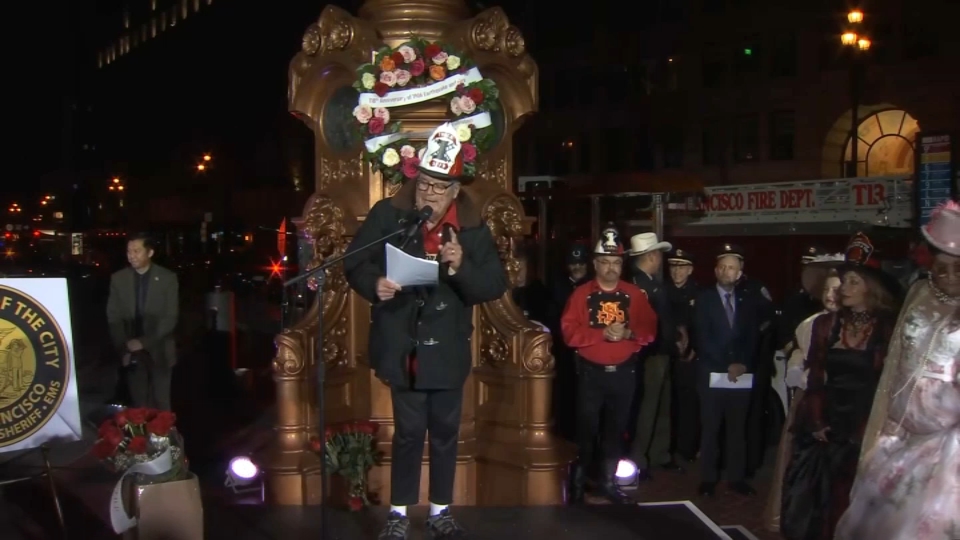His love drug became the government's party poison.
The story of Alexander Shulgin -- the chemist whose research and acumen introduced MDMA to the world, including the therapists who healed souls and the drug cops who sought to stamp it out -- ended last week, when the icon of the psychedlic movement died at 88.
Its twists and turns, however, were all in the Bay Area, where the scientist was born, educated and did the majority of his work in Berkeley and surrounding environs.
Shulgin, who passed away from cancer at 88 at his home in Lafayette, which was where he spent much of his later years, where he and his wife lived on a compound called The Farm -- bits of which had to be sold off in order to pay for medical treatment in his twilight years.
He was born in Berkeley in 1925 and earned a PhD in 1954 at the University of California following stints at Harvard -- where he began college at 16 -- and in the United States Navy.
Local
He was working for Dow Chemical when he began tinkeing with psychedelics, the first of which was mescaline. He spent decades working on creating, altering and testing mind-bending hallucinogens, the experiences with which he meticulously documented.
Some of this documentation ended up in his two books, self-published tomes called PiHKAL, for Phenethylamines I Have Known and Loved, and TiHKAL, for Tryptamines I Have Known and Loved.
But it was his relationship with MDMA that made him known to the world. He was first introduced to the drug in the 1970s, and was blown away by its potential.
He felt a "universal love" when under the drug's influence, the Washington Post reported. He shared the drug with therapists. A great demand followed -- and with it, the drug's prohibition.
Despite a worldwide war on the drug, its popularity grew and grew, so much so that "adulterated" versions of the drug began cropping up and killing people.
For decades Shulgin worked with the DEA -- testing street drugs for them until his lab was raided in 1994.
He gave his last interview in 2010 to journalist Hamilton Morris.
He also, reportedly, played viola at the Bohemian Grove, where the world's elite are said to gather each summer.
And -- of course -- he was popular at Burning Man, which he attended with his wife, who survives him.



